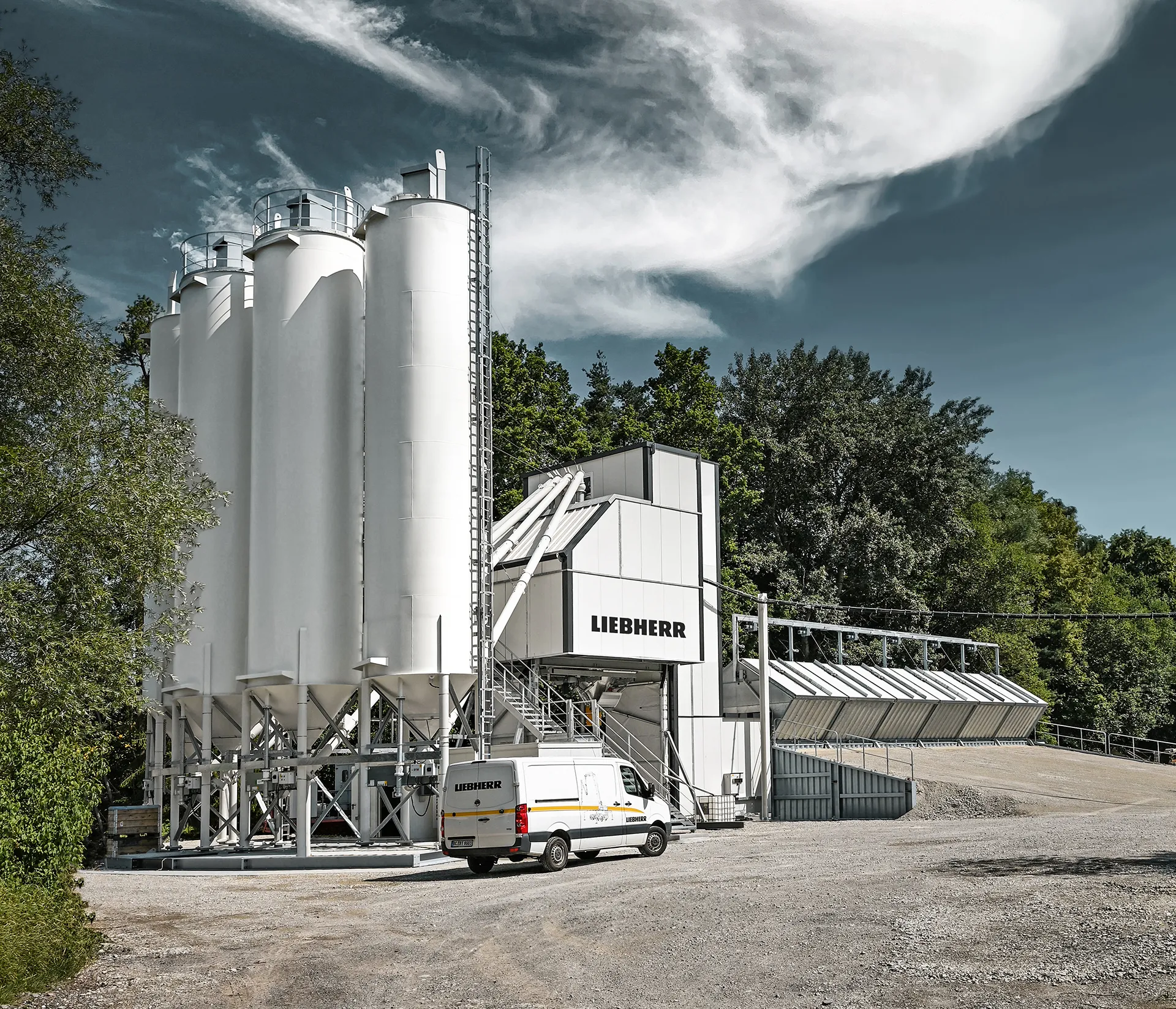SAY Security is offering a novel technology developed for the lighting sector that can help reduce energy consumption. The firm is offering novel Chinese-developed eco lighting that features specially designed reflectors and light tubes. The products are design to operate in high--frequency and operate flicker free with electronic instant start, reduced electromagnetic and ultra-violet radiation between 20%-40%, prolonged durability and soft lighting characteristics. The lights are also said to be effective
February 13, 2012
Read time: 2 mins

According to SAY Security, nano-technology energy saving products can cut energy usage by up to 50%, while luminosity is visibly increased by 30%-50% in comparison with conventional systems. As some 25-30% of the world's total electricity production is used by lighting, switching to energy saving technology could make a vast reduction in power needs, as well as reducing emissions and waste from power generation. The global lighting energy bill, electric and fuel-based lighting combined, amounts to some US$230 billion/year and SAY Security claims that switching to this nano-technology will cut costs and the environmental impact of energy consumption at the same time.









